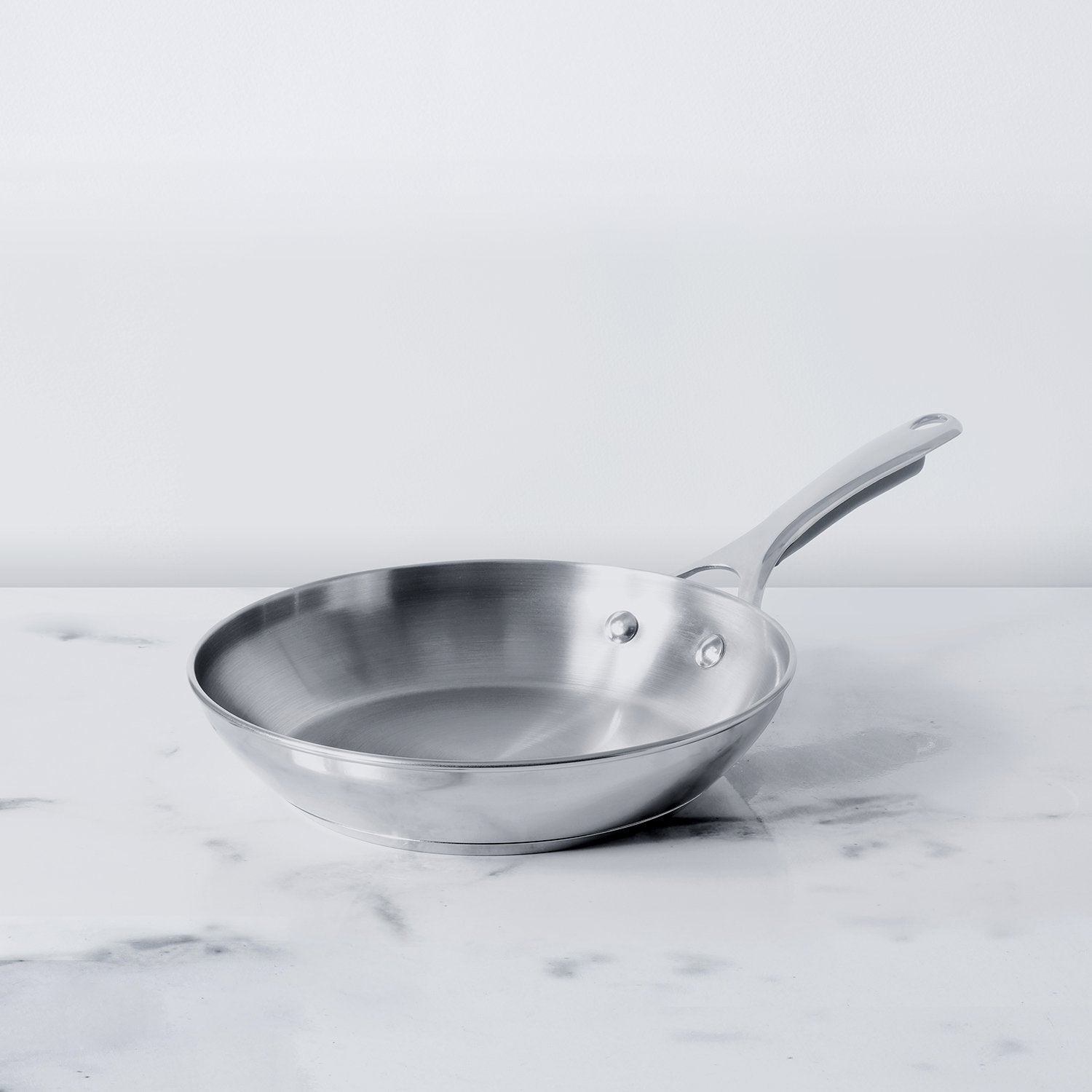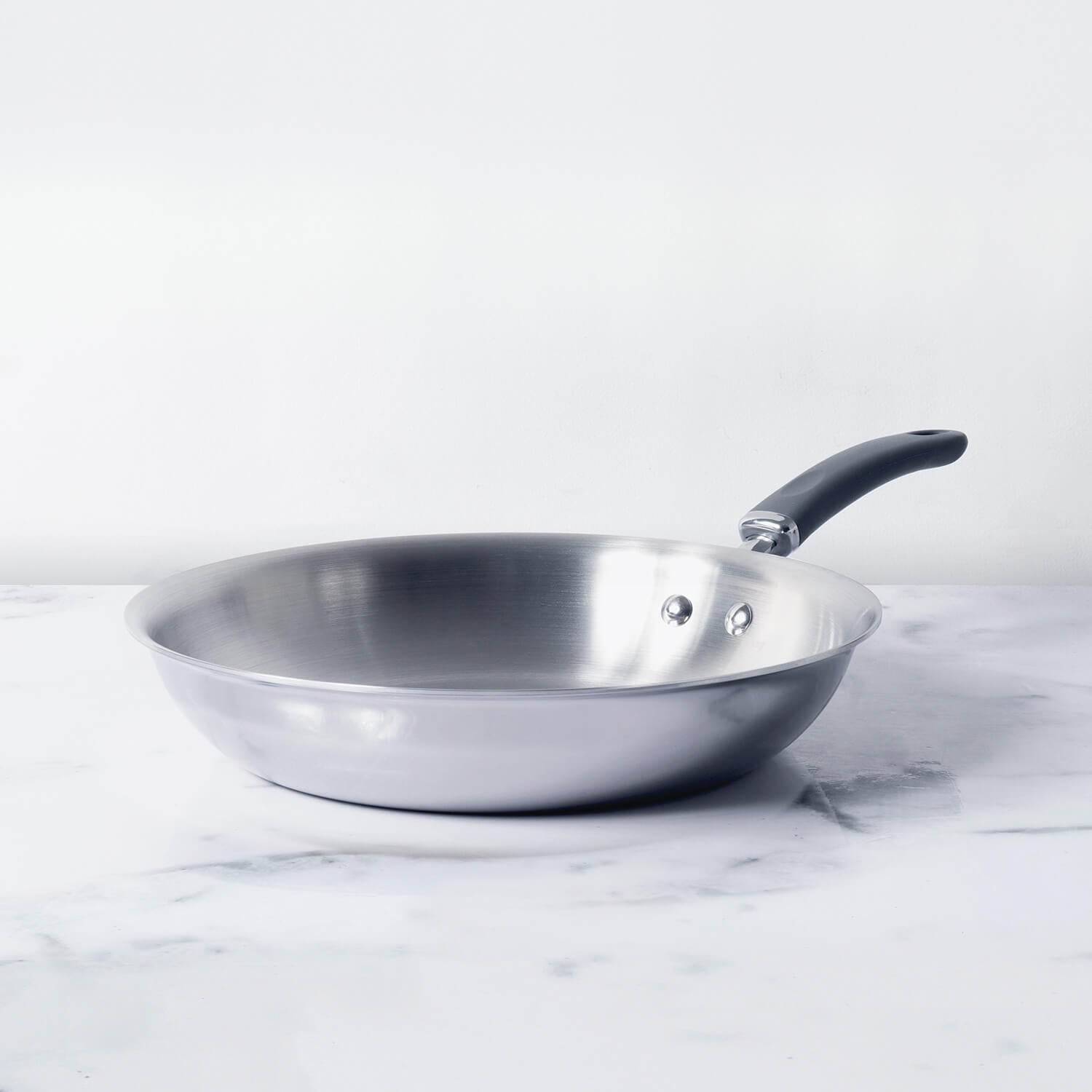Induction pressure cookers are a revolutionary addition to modern kitchens, combining the efficiency of induction cooking with the versatility of pressure cooking. They are specifically designed to work on induction cooktops, but many models are also compatible with traditional gas and electric stoves. Here’s everything you need to know about induction pressure cookers to make an informed decision.
Table of Contents
- What is an Induction Pressure Cooker?
- How Does Induction Cooking Work?
- Pros of Induction Pressure Cookers
- Cons of Induction Pressure Cookers
- Key Features to Look for in an Induction Pressure Cooker
- Tips for Using Induction Pressure Cookers
- Who Should Use Induction Pressure Cookers?
- Final Verdict
What is an Induction Pressure Cooker?
An induction pressure cooker is a type of pressure cooker that features a specially designed base made of magnetic materials, such as stainless steel or ferrous alloys. This design allows it to interact with the electromagnetic field generated by an induction cooktop, enabling efficient and rapid cooking. The cooker’s body is often made of stainless steel, aluminum, or hard anodized aluminum, ensuring durability and performance.

How Does Induction Cooking Work?
Induction cooking relies on electromagnetic energy to generate heat directly within the cookware rather than through an external flame or electric coil. When you place an induction-compatible pressure cooker on the cooktop, the magnetic field excites the molecules in the base, producing heat quickly and evenly.
Pros of Induction Pressure Cookers
1. Energy Efficiency
-
Induction pressure cookers heat up faster than traditional pressure cookers on gas or electric stoves, reducing cooking time and energy consumption.
-
Minimal heat loss occurs, as the energy is focused directly on the cookware.
2. Precision Cooking
-
Induction cooktops allow precise temperature control, ensuring consistent results and preventing overcooking or burning.
-
Ideal for recipes requiring specific heat levels.
3. Safety
-
Induction cooktops remain cool to the touch, reducing the risk of burns.
-
The pressure cooker’s magnetic base ensures stability and reduces the chances of accidental slippage.
4. Durability
-
Induction pressure cookers are often made of high-quality materials, such as stainless steel or hard anodized aluminum, ensuring long-term performance.
-
Resistant to warping, even with prolonged use.
5. Versatility
-
Many induction pressure cookers are compatible with other heat sources, including gas and electric stoves, making them adaptable for various cooking setups.
6. Eco-Friendly
-
Induction cooking uses less energy and produces less residual heat, contributing to a cooler and more sustainable kitchen environment.
Cons of Induction Pressure Cookers
1. Higher Initial Cost
-
Induction pressure cookers are typically more expensive than traditional models due to their advanced materials and compatibility features.
2. Induction Cooktop Requirement
-
To maximize efficiency, an induction pressure cooker requires an induction cooktop, which may not be present in all kitchens.
3. Weight
-
The addition of a magnetic base and durable materials makes induction pressure cookers heavier than standard aluminum models.
4. Learning Curve
-
Adjusting to the faster heating and precise controls of induction cooking may require some practice, especially for beginners.
Key Features to Look for in an Induction Pressure Cooker
-
Base Material: Ensure the cooker has a magnetic base for induction compatibility. Stainless steel bases with aluminum cores offer the best heat distribution.
-
Capacity: Choose a size that matches your cooking needs, whether it’s a 3-liter model for small families or a 6-liter option for larger households.
-
Pressure Mechanism: Look for models with reliable safety valves, pressure indicators, and locking systems for safe operation.
-
Multi-Compatibility: Opt for a cooker that works on gas, electric, and ceramic stoves in addition to induction cooktops.
-
Warranty: A good warranty reflects the manufacturer’s confidence in the product and provides peace of mind.
Circulon Enamel On Steel Whistling Tea Kettle 1.9 Liters, Navy
Tips for Using Induction Pressure Cookers
-
Match the Base to the Cooktop Size: Ensure the pressure cooker’s base aligns with the induction cooktop’s heating zone for optimal efficiency.
-
Use Low to Medium Heat Settings: Induction cooktops heat quickly, so avoid using the highest settings to prevent food from burning or sticking.
-
Monitor Cooking Times: The rapid heating of induction cookers can shorten cooking times. Adjust recipes accordingly.
-
Clean Carefully: Use non-abrasive cleaners to maintain the cooker’s finish and functionality.
Who Should Use Induction Pressure Cookers?
Induction pressure cookers are perfect for:
-
Households with induction cooktops looking for efficient cookware.
-
People who value precision and speed in their cooking.
-
Families seeking durable and versatile pressure cookers.
-
Eco-conscious individuals aiming to reduce energy usage.
Final Verdict
Induction pressure cookers are an excellent choice for modern kitchens, offering energy efficiency, safety, and precision. While they may come with a higher initial cost, their durability and performance make them a worthwhile investment for those with induction cooktops. Evaluate your cooking habits, kitchen setup, and budget to determine if an induction pressure cooker is the right fit for you.











Leave a comment